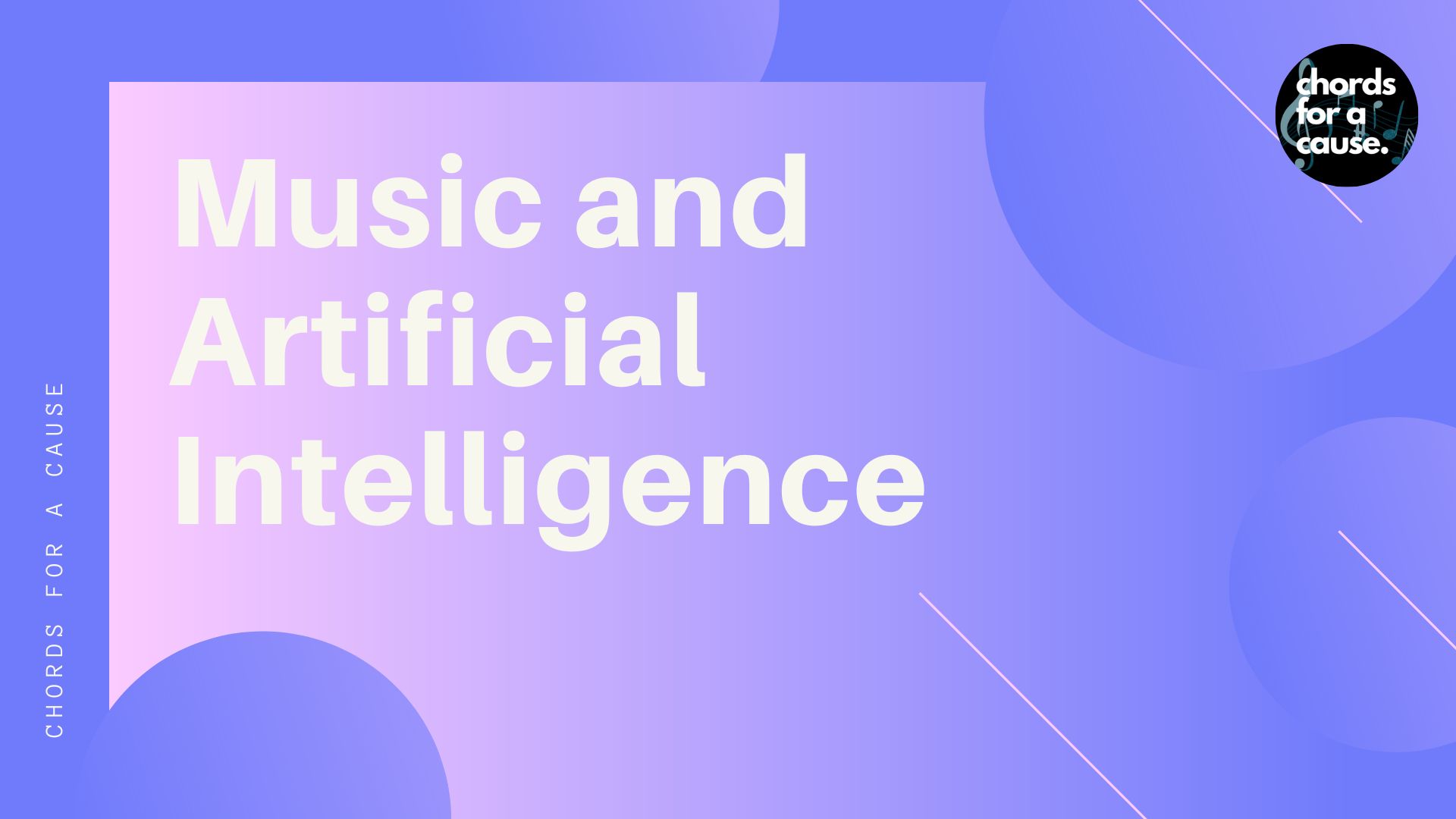Will Computers Take Over the Music Industry?


In the past few decades, computers have become an absolutely essential part of our daily lives. The first digital computer, created by a graduate student and professor in the late 1930s, was only capable of running simple computations such as binary math and boolean operations. Since then, computers and technology have transformed the way we communicate, perform tasks, learn, and so many other things. In the modern world, computers are used in every single field, whether it be healthcare, transportation, finance, military, etc.
Let’s look at the formal definition of a computer: A computer is a machine that accepts data as input, processes that data using programs, and outputs the processed data as information. Used to solve problems, they allow us to increase efficiency and automate certain tasks. And what we know about them is simple: we give an input and rules, and they provide the output.
This idea has become pretty standard in the modern world. We’ve developed technologies that have taken over certain fields by a storm. Factory workers have been left without jobs for years because of the rise of industrial automation, and magazine proofreaders are starting to be replaced by tools like Grammarly
The use of artificial intelligence in the world of music has been around for a while. In 1951, a machine was created that generated 3 simple melodies, and since then, even better technology has been developed.
But we can go a step further. The real feat is finding a way to make the computer itself create the rules; what we call deep learning.
So, can we apply this to music? The answer is unquestionably yes. Here’s why.
Music is just a set of patterns, after all. We have rules for key signatures and rhythm. We have something called counterpoint that distinguishes good melodies from bad. Music at its root is a set of rules.
For example, most pop music generally follows a repetitive chord progression. All sonatas follow a specific musical form. If we were to give the machine thousands of these patterns, it should hypothetically be able to learn from them. Then, it could practice writing its own music, and eventually, create something that is indistinguishable from that of a human composer. After all, machines have been taught to play chess, write movie scripts, and so many more things. So shouldn’t it be able to create music as well?
You may be thinking about the expressive aspect of musical creation. But even then, our brains follow certain patterns to determine whether something is emotionally significant. So the best works created followed certain expressive rules as well. Even if the machine doesn’t feel the same experience when creating a piece, it may still be able to create something that we can experience and enjoy.
In fact, there’s already software doing this. The following soundtrack was completely computer-generated.
By training the computer with thousands of samples from soundtracks, the creators of this deep learning model were able to create something completely new. Using musical patterns, this model did a pretty impressive job of making its own music. So the truth is that yes, computers may be able to “make music,” but realistically, they’re going to have a pretty hard time with creating true art. Much of music we listen to today has lyrics that speak from the human experience; something a computer will likely never be able to do.
Songs like the ones above were hits for a reason; they give us the pleasure of listening to something that we can relate to. They come from artist’s personal narratives and cannot be reproduced by a computer.
And even though this technology is very powerful, computer-generated music is still not something you would sit down and listen to instead of an artist like Drake or Ariana Grande. So, it’s not likely that AI music will be replacing human generated music, but it may spur a new creative wave that uses these technologies to improve our music creating process.
Resources
- Payne, Christine. “MuseNet.” OpenAI, 25 Apr. 2019, openai.com/blog/musenet
- Briot, Jean-Pierre, Gaëtan Hadjeres, and François-David Pachet. “Deep learning techniques for music generation–a survey.” arXiv preprint arXiv:1709.01620 (2017).
- Freeman, Jeremy. “Artificial Intelligence and Music - What the Future Holds?” Medium, Medium, 22 Feb. 2020, medium.com/@jeremy.freeman_53491/artificial-intelligence-and-music-what-the-future-holds-79005bba7e7d.
- “Will Artificial Intelligence Replace Human Musicians?” Consequence of Sound, 17 Feb. 2020, consequenceofsound.net/2020/02/will-artificial-intelligence-replace-human-musicians/.
- Thompson, Clive. “What Will Happen When Machines Write Songs Just as Well as Your Favorite Musician?” Mother Jones, 20 Mar. 2019, www.motherjones.com/media/2019/03/what-will-happen-when-machines-write-songs-just-as-well-as-your-favorite-musician/.

